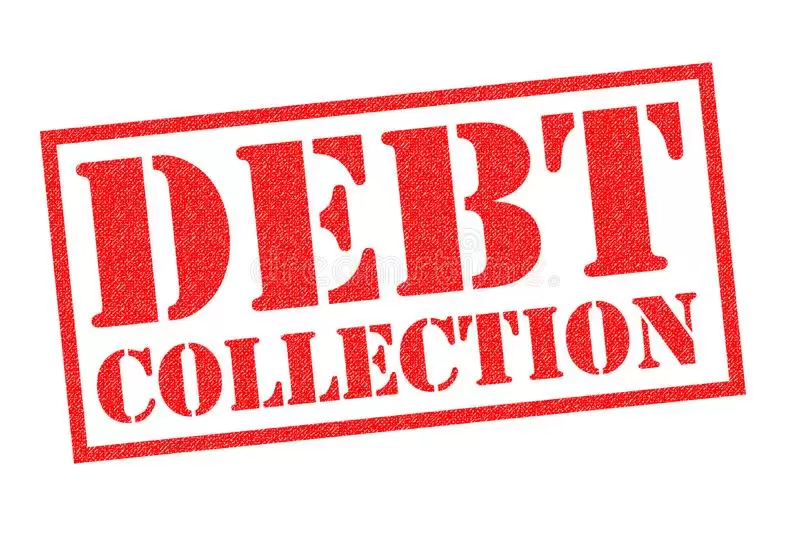NewZimbabwe.com has invited Mr Vengai Madzima, the Senior Partner at Madzima Chidyausiku Museta Legal Practitioners (MCM Legal) to discuss debt collection in Zimbabwe.
Reporter: Welcome back Mr Madzima, this week our readers have requested us to discuss debt collection processes in Zimbabwe, why has debt collection become a topical issue?
VM: The liquidity constraints faced by businesses and individuals especially this year, as a result of a variety of factors, drought being one of them, has made otherwise honest people or companies, unable to pay debts owed on time or at all. This has trickled down to even delays in rental payments prompting debt collection processes by landlords.
The reaction by creditors has been to either try to criminalize the collection process which is a civil issue or worse, some have attempted to take the law into their own hands with disastrous consequences. It therefore becomes important that creditors and debtors understand the rights they have in law when creating debt and its subsequent collection.
Reporter: So what does the debt collection process entail?
VM: The debt collection process depends on how the debt is structured and its value. The initial step in general terms is to issue a demand letter stating clearly what is being demanded, this will include interest calculations, where interest is applicable and when the debt became due for payment by the debtor.
I say when it became due intentionally because this will guide the creditor and or the lawyer representing the creditor on whether or not the debt is still claimable in court. Depending on the value of the debt, the creditor can then approach the Small Claims Court, Magistrate Court, High Court or any specialized court to deal with the particular debt.
Reporter: Are you saying that my debt that I am owed by someone can expire?
VM: I am saying that it may not be legally claimable in court after a certain period unless the debt was interrupted by a debt-securing instrument like an acknowledgement of debt or commencement of legal action.
Reporter: How do I then secure my debt?
VM: If the question relates to prescription, then by commencing legal action or getting the debtor to sign a clear and concise acknowledgement of debt.
However, if it relates to instruments available in law to secure a debt obligation, there are a variety of options.
If the debtor has an immovable property, the debt can be secured by a mortgage bond. If there is no immovable property but movable property, then by a General Notarial Bond, if the movable property items are specific, then by a Special Notarial Bond.
The debtor may also pledge movable property for the creditor to hold for the duration of the debt or have third parties agree to act as guarantors or surety for the debt. This is common in lease applications. The creditor and debtor may also enter into a cession agreement where the debtor transfers his or her rights in certain things, for example, rental proceeds to the creditor.
If the debtor is a company, there is an option for securing the debt through debentures using the company assets.
Reporter: How can I enforce the security or court orders to recover the debts?
VM: Once the court has issued an order in favour of the creditor, the secured property can be sold to pay off the debt. In general terms, property belonging to the debtor is attachable and can be sold to pay off the debts. The courts may order garnishment of wages or any appropriate sanction to ensure that payment is made. Failure to make payments when there is an adverse order against a debtor who has the capacity to make payments towards the debt makes the debtor liable for civil imprisonment.
Reporter: Does a debtor have any rights in law?
VM: That is a good question, indeed the debtor has rights. The debtor has the right to be treated fairly and in terms of the law, meaning the debtor should not be subjected to abusive behavior or harassment by the creditor or debt collectors. The debtors have the right to be advised clearly of what they owe including interest calculations which have to be in terms of the law. They also reserve their right to engage legal practitioners and dispute the debt if not in agreement with the claim.
Reporter: Thank you, Mr. Madzima we have run out of time.
VM: Thank you.
These discussions are of a general nature and those seeking specific legal advice should contact their lawyer.
RELATED:
You can contact Vengai Madzima at vengai@mcmlegal.co.zw or www.mcmlegal.co.zw.
